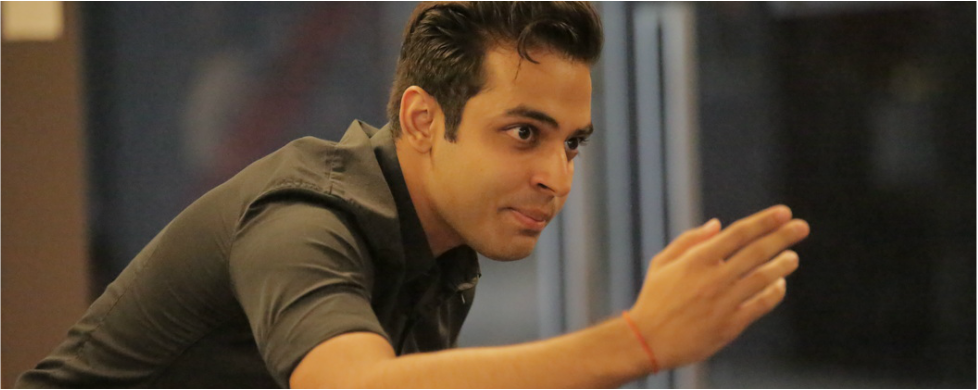About Monologues
What is a Monologue?A monologue is a speech in which only one character speaks. The character may be talking to another character, addressing the audience or expressing thoughts and feelings. However, the speech is usually free of interruption.
|
Why Monologues?Because it demands that an actor hold a stage all on his/her own. Monologues are also a logistics-free training tool for the actor. As such, they are indispensable at auditions - having ready monologues in one’s back pocket is invaluable to an acting career.
For the audience, these bite-sized performances demonstrate how theatre can be both easily comprehensible and stirring. Monologues reflect how drama can exist in the everyday and attest to the recreation of life on stage. |
Monologue Masterlist
|
Tips & Advice8 Questions to help you choose a good monologue.
|




